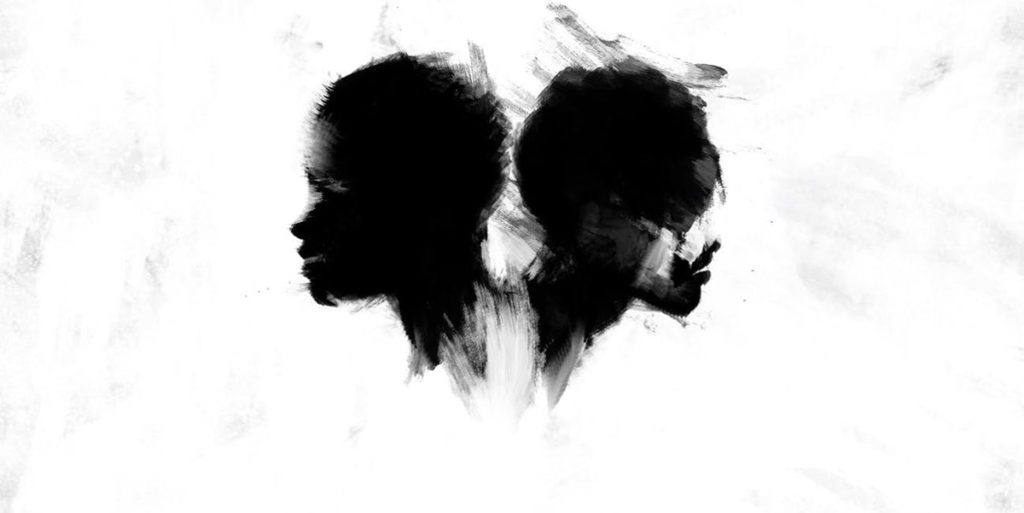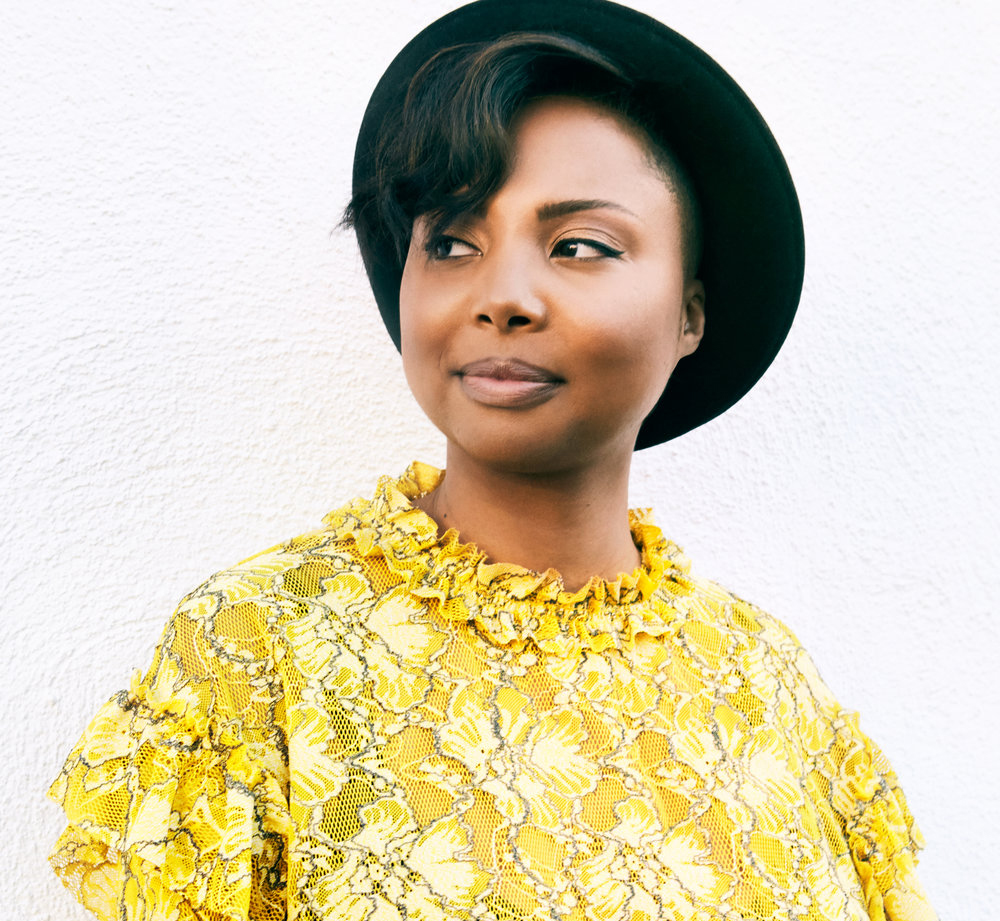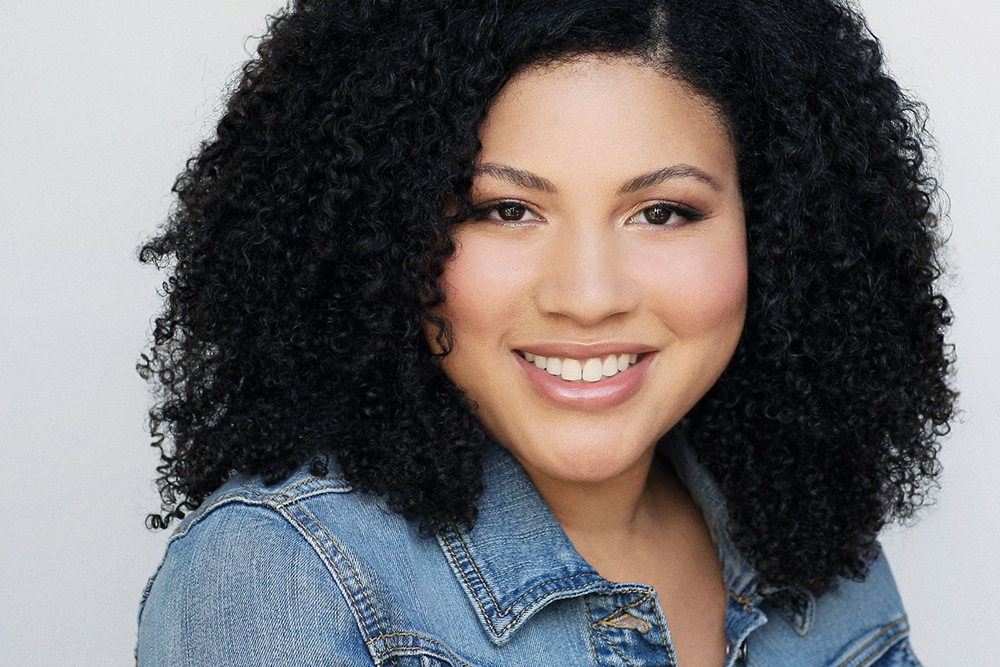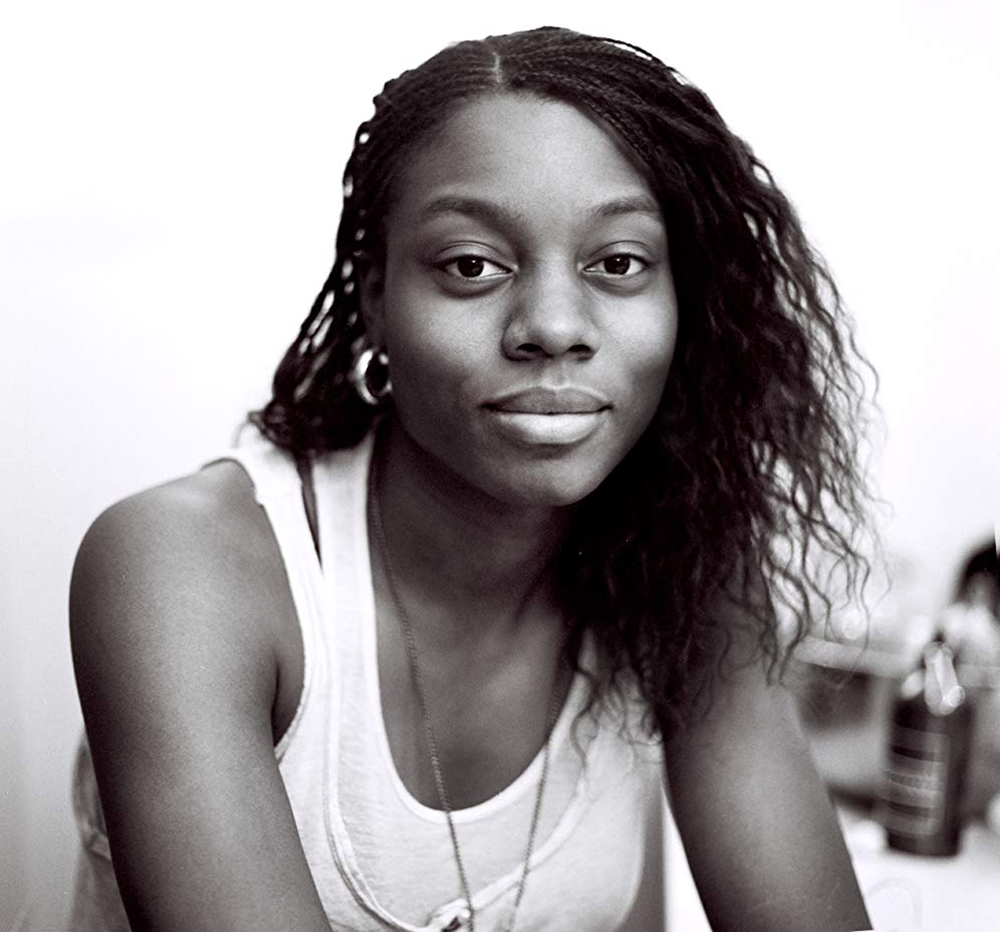
Thank you, Jordan Peele. The critical acclaim and box office success of Get Out has birthed a movement in a rise of the number of Black creators in horror films and shows. Gerard McMurray, director of Netflix’s Burning Sands, took a dark approach for a close look at the dangerous rituals of joining a fraternity in 2017. In 2018, he was enjoying the success of his entry in The Purge series, The First Purge. The film featured a more-melanated cast than the previous films and was set in the public housing projects on Staten Island. In 2019 McMurray will be directing Sanna Lathan in an upcoming episode of Peele’s upcoming reboot of The Twilight Zone.
Also in the world of TV, Peele along with J.J. Abrams and his Bad Robot Productions will be executive producing the HBO series, Lovecraft County from Underground creator Misha Green. The 1950s set horror-drama will star Michael K. Williams, Aunjunae Ellis, Jurnee Smollett-Bell, Wunmi Mosaku, and Jonathon Majors as Atticus Black, a young man traveling through the rural South surviving “racial terrors and terrifying monsters” to find his missing father. I’m looking forward to all of the Black directors that will be hired on these two series thanks to Jordan Peele.


Some directors have a direct connection with Jordan Peele as their producer while some are directly and indirectly influenced, hopefully not forcibly compared just because they are Black creators. It’s a toss up if creators are forced to come up with the next Get Out. “Not everything will be the new Get Out!” is a sentiment I hope reaches executives looking to make bank. The face of the latest shift in the house built by films with predominately white directors mixed with white final girls has a hill full of eyes watching and waiting for his follow-up film. Us, set for a March 2019 release, will star Lupita Nyong’o and Winston Duke as a married couple with their two kids and friends relaxing at their beach house until someone or something ends their peace and relaxation.
Like Peele, Justin Simien is moving away from a field he is usually known for, but instead of going fully from comedy to horror, I think that he has been able to incorporate drama with the comedic elements of his hit Netflix show. The tone may shift but, as always, he will tell a tale steeped in the Black experience. The Dear White People creator and Don’t @ Me podcast host is helming a horror satire about Black women and their one-sided relationship with weaves. The same tool used to save Black women’s careers for a more euro-centric and acceptable look in the workplace could be the death of them. Set in the world of music video channels in 1989 and with a stacked cast featuring Vanessa Williams, Blair Underwood, Robin Thede, Usher, Laverne Cox, Jay Pharoah, Ashley Blaine Featherson, and more, my curiosity is at an all-time high as I am checking for updates on the release from a writer/director that I believe has been constantly improving since his first concept trailer.

Tracy Oliver has come a long way from being Issa Rae’s web series antagonist. The co-writer of Barbershop:The Next Cut and Girls’ Trip is adapting the 2015 YA novel Survive The Night by Danielle Vega, about a group of four friends trying to make it home after raving in an abandoned subway tunnel under the streets of New York City, for her directorial debut. Along with reviving the 90s women empowering The First Wives Club for BET, adapting the teen drama novel, The Sun Is Also A Star into a Yara Shahidi-starring film, and causing heads to explode with the announcement of a Clueless remake, in a late October interview with Cosmopolitan, the former Misadventures of an Awkward Black Girl actress not only questioned the whereabouts of Women of Color in horror movies; she also fired back at movie studio executives that questioned if Black women paid to go see horror films. She will be making a film that will not represent her as a woman, but will hopefully be seen in a theater full of women that look like her.

You would think that with all the analytics and data available for easy access, producers and studio executives would know their audiences more. Peele’s production partner, Jason Blumhouse, founder of Blumhouse Productions, was asked why hasn’t a woman directed any of the horror films from his production company while promoting the latest, Halloween. While he has talked with Jennifer Kent, director of The Babadook and We Need To Talk About Kevin director, Lynne Ramsay, and several other qualified directors that happen to be women, he believes that options are scarce. If the options are scarce, that means it’s easier to pick a woman to direct, that’s how I thought that works, but common sense is not common. Another argument from Blumhouse’s interview involved the limitations he was putting on his women director choices. He remarked that he has offered fully developed scripts that have been turned down instead of producing one of their original ideas. The women would just be directors for hire instead of being used for the original content they created that got audience’s attention. Blumhouse Productions is known as the spooky house that allows its creatives to create as long as they stay under budget. I hope that Jason Blum can resolve this issue properly and quickly with an original film written and produced by a (Black) woman before other production studios hope on the wave. Hey, look over there.
Oscar winner Peele and his Monkeypaw Productions found a director for their 2020 Candyman “spiritual sequel” in Nia DaCosta. The Little Woods director will show the Chicago Boogeyman in a world without his original Cabrini Green projects from the 90s in the new story. Gentrification might be the biggest killer in Black horror films lately. Culturally ignorant and socially deaf producers and studio executives are a major threat, but they cannot and will not stop or dock this wave of Black influence on the fan-fueled genre. Oscar winners are rarely the biggest box office winners, but they still make Oscar-bait films over and over. Get Out had several Academy Award nominations and won for Best Original Screenplay. Peele along with his cast and crew are the ones that created the art, but I wholeheartedly believe that if it wasn’t for fans’ receptions pushing it over the edge turning it into a cultural phenomenon, it would have been just a good scary movie. Not only do I want to thank Jordan Peele for more horror films directed by people with similar experiences like me, but I also want to thank the fans like me that smile in between screams when there is a nod to our Black culture.

Before I end this article sponsored by the Christmas spirit, The Haunting of Hill House, and Dusse/Sprite Cranberry, I want to share three film directors I’m predicting of creating great horror films this year.

